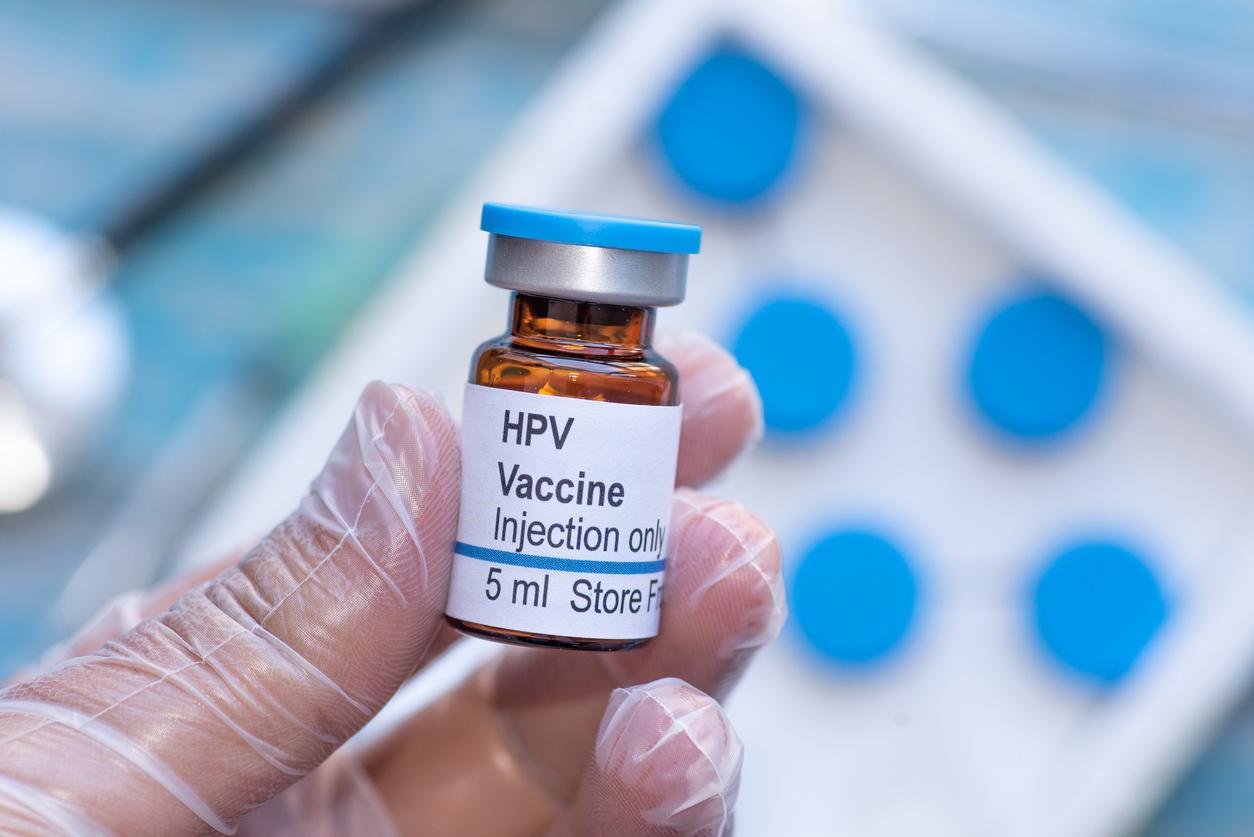Vaccine recipients who received a different product during the second injection experienced more intense short-term side effects, including fever, fatigue or muscle pain.

- In France, more than 500,000 patients under the age of 55 have received AstraZeneca and should receive Pfizer or Moderna as a second dose.
- Side effects are more intense but do not require hospitalization and do not last longer than 48 hours.
As vaccination progresses, knowledge improves. A British study, the preliminary results of which were presented on May 12 in the journal The Lancet, looked at the consequences of vaccination with two injections of different products. This reveals that in the short term the side effects felt by patients are more intense, with the latter showing more fatigue, fever, muscle pain or even headaches. Final results are expected in June.
In France, more than 500,000 patients concerned
In France, receiving two injections of two different products concerns people under 55 who have received AstraZeneca as the first dose. For these patients, the second dose should contain a messenger RNA vaccine, Pfizer or Moderna. That recommendation of the High Authority for Health (HAS) dates from April 9 and follows the rise of cases of thrombosis in several people. The use of the AstraZeneca vaccine was suspended for a time before resuming with an asterisk: this product is now reserved for people over 55. In the meantime, more than 500,000 patients under the age of 55 who received it as the first dose must therefore receive Pfizer or Moderna as the second dose.
Researchers at Oxford University dissected the symptoms of 830 volunteers vaccinated between February and March. They compared four groups among the participants according to the injections received: two doses of AstraZeneca, two doses of Pfizer, one dose of AstraZeneca then Pfizer and one dose of Pfizer then AstraZeneca. To obtain the results, they compiled the results of three blood tests with the symptoms reported by the patients.
Reactions that do not last more than 48 hours
The first results of the researchers are unanimous: the side effects felt are more intense for those who received two different products. In detail, 34% of the 110 recipients of AstraZeneca in the first dose and Pfizer in recall say they feel a fever, against only 10% of the 112 recipients of AstraZeneca only. Regarding those who received a first injection of Pfizer and AstraZeneca as a booster, this was even more marked. “Similar increases were seen for chills, fatigue, headache, malaise, and joint or muscle pain”, added the researchers.
The results indicate that there is no reason to panic and that the symptoms do not last and resolve within 48 hours. “There were no hospitalizations due to solicited symptoms, and most of this increase in reactogenicity (excessive immunological response to a vaccine, editor’s note) was observed within 48 hours of immunization.“, wanted to specify the researchers.
But all of the study participants were over 50 and “a reactogenicity may be higher in younger age groups”, believe the scientists. Nevertheless, these first results are reassuring. “Regardless, all reactogenicity symptoms were found to be short-lived and the limited hematology and biochemistry data available were not of concern.”, they concluded.

.

















